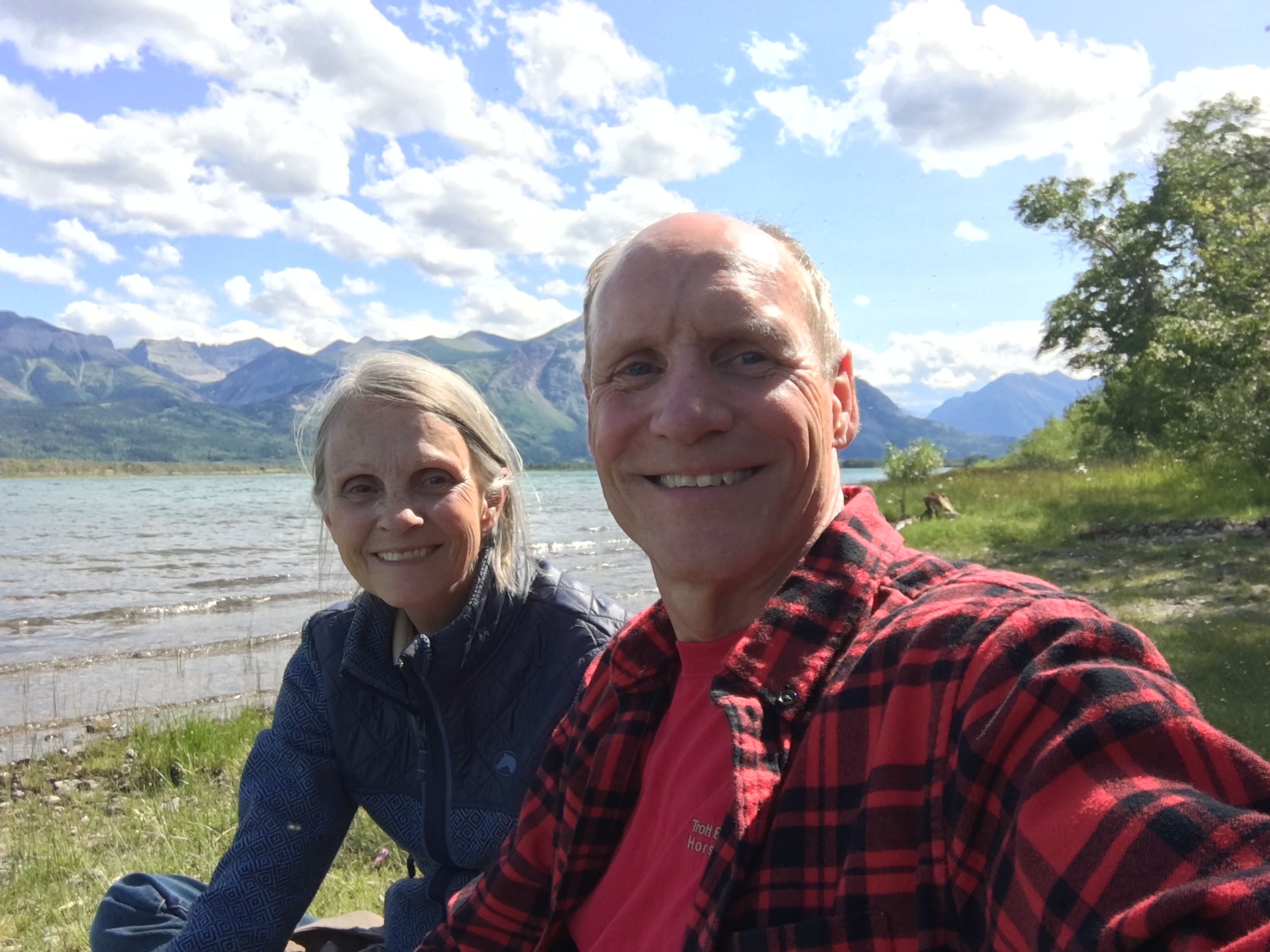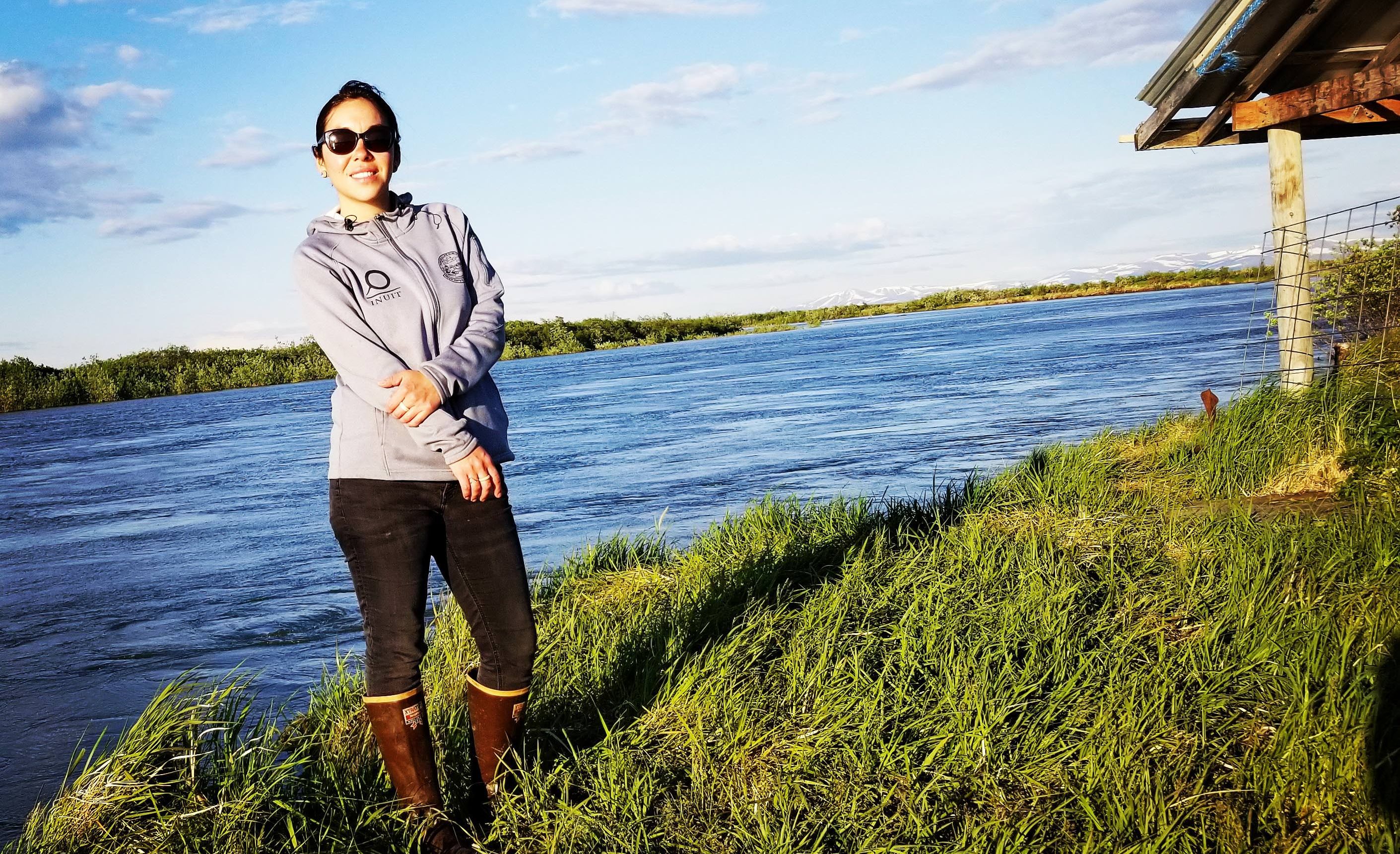
Kate Ireland spent a decade with the District of Columbia Public Schools, connecting children to the world through programs such as global exchanges. As TNC’s director of youth engagement, she is doing the same—but in very different ways. We spoke with Kate about TNC’s signature education program, Nature Lab, and how her team’s work helps young people get closer to nature.
Describe Nature Lab. How does it work?
Building from years of work sharing conservation with young people, TNC launched Nature Lab in 2020. It is a collection of free, online resources for educators and families. Themed lessons include videos that virtually transport students of all ages to amazing and threatened places around the world, and accompanying teaching guides offer activities and resources to facilitate learning about pressing conservation topics.
How does Nature Lab support TNC’s vision of a world in which people act to conserve nature?
Nature Lab is all about inspiring young people and bringing greater equity to environmental education. We want all young people to be able to find their place in conservation and to have the tools they need to advocate for change in their own communities and beyond.
What has success looked like for Nature Lab so far?
It just so happened that we announced Nature Lab as more than 90% of schools in the world shifted to virtual learning. Since then, Nature Lab has reached people in all 50 states and scores of countries—more than 2.5 million users. We are thrilled that so many people are finding these resources helpful.
What’s next?
More Nature Lab! We have some exciting virtual field trips in the works. We are launching a partnership with a popular online learning platform to provide fun games to use alongside the videos. And we are working with a children’s media company to produce a Spanish-language series.
It’s also worth noting that Nature Lab is just one component of our strategy to help young people raise their voices for nature. In the coming years, TNC will refine and expand our youth engagement work—online and in-person—by deliberately including young people in our efforts to tackle climate change, protect lands and waters, provide food and water sustainably, and build healthy cities.

Bruce Robertson, an elementary science teacher at Vista de Las Cruces in California, used Nature Lab’s virtual field trip to Borneo to keep online learning engaging and rigorous.
“Few people get to visit that kind of place, but the video and activities transported the kids. They loved playing the game to match photos to forest sounds.”







